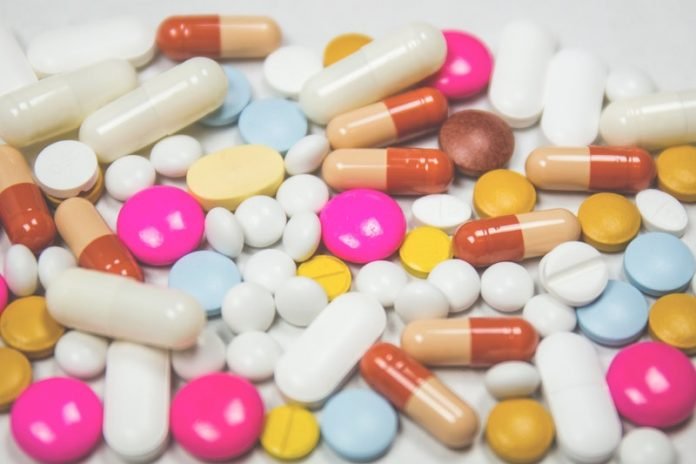
In a recent study published in Nature Cancer, scientists find that drugs for diabetes, inflammation, and alcoholism could also kill cancer cells.
They analyzed thousands of already developed drug compounds and found nearly 50 that have previously unrecognized anticancer activity.
They also revealed novel drug mechanisms and targets.
Researchers suggest a possible way to accelerate the development of new cancer drugs or repurpose existing drugs to treat cancer.
Previously, scientists have stumbled upon new uses for a few existing medicines, such as the discovery of aspirin’s heart benefits.
In the study, the team tested all the compounds in the Drug Repurposing Hub on 578 human cancer cell lines from the Broad’s Cancer Cell Line Encyclopedia (CCLE).
CCLE is a collection that currently comprises more than 6,000 existing drugs and compounds that are either FDA-approved or have been proven safe in clinical trials.
The team found nearly 50 non-cancer drugs—including those initially developed to lower cholesterol or reduce inflammation—that killed some cancer cells while leaving others alone.
Most of the non-oncology drugs that killed cancer cells in the study did so by interacting with a previously unrecognized molecular target.
For example, the anti-inflammatory drug tepoxalin, originally developed for use in people but approved for treating osteoarthritis in dogs, killed cancer cells by hitting an unknown target in cells that overexpress the protein MDR1, which commonly drives resistance to chemotherapy drugs.
The researchers were also able to predict whether certain drugs could kill each cell line by looking at the cell line’s genomic features, such as mutations and methylation levels.
This suggests that these features could one day be used as biomarkers to identify patients who will most likely benefit from certain drugs.
The team hopes to study the repurposing drug compounds in more cancer cell lines and to include more compounds that have been tested in humans.
If you care about cancer, please read studies about this stuff in the mouth may increase your risk of oral cancer and this common beverage is linked to lower prostate cancer risk.
For more information about cancer and your health, please see recent studies about this drug for depression may help stop cancer growth and results showing that aspirin may boost survival in these two cancers.
Copyright © 2022 Knowridge Science Report. All rights reserved. (updated)



